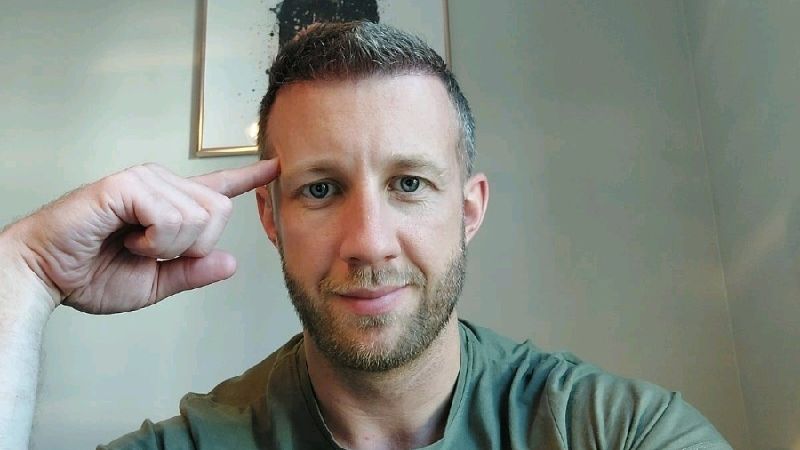In a concerning development, Haitian gangs wield significant influence over the country’s infrastructure, driving hundreds of thousands of people from the capital and being implicated in the 2021 assassination of President Jovenel Moïse. These gangs are evolving, posing a greater threat to the upcoming multinational police force deploying to Haiti and the transitional council striving to pave the way for elections. With a well-equipped and funded gang force, including ties to drug trafficking, the situation in Haiti has become increasingly volatile, with recent events indicating a surge in gang activity and collaboration.
The gangs, once reliant on Haiti’s elite for financial support, have gained independence, funding themselves through various illicit means. Additionally, some former government officials, like Dimitri Hérard, implicated in criminal activities, are now advising and organizing gangs, potentially connecting them to larger criminal organizations in the region. Meanwhile, political maneuvering, including proposals for gang immunity from some quarters, adds complexity to Haiti’s crisis, raising concerns about human rights violations and further instability in the region.



